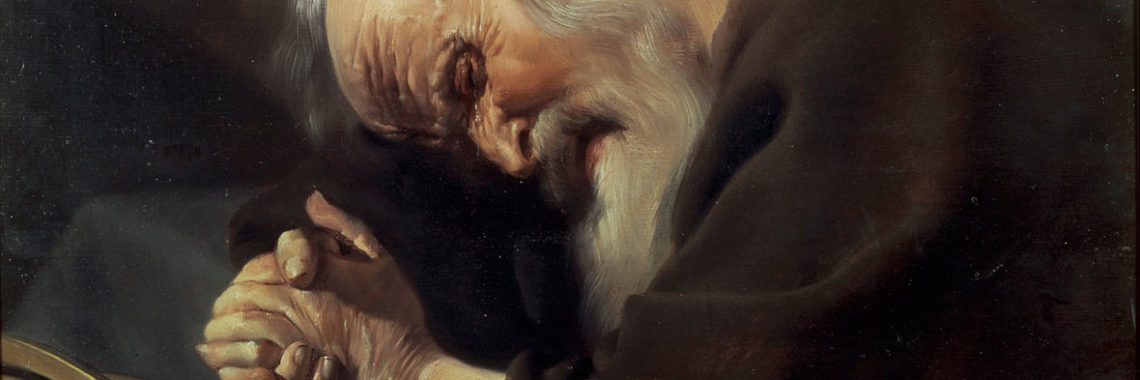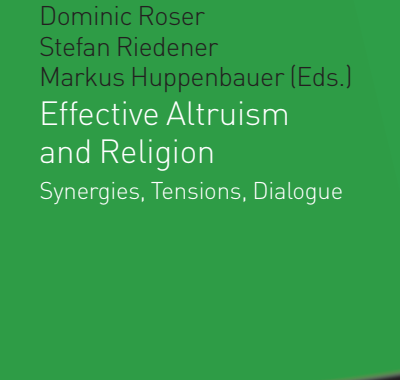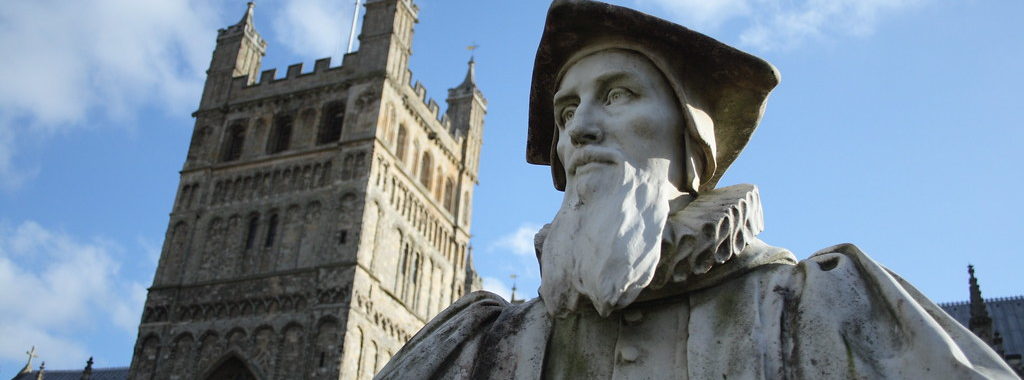“Watering the Seeds of Consciousness through Sound : Logos, Shabd, and the Implications for Natural Law” by Sunil Rao
Heraclitus, ‘the weeping philosopher’, by Johannes Moreelse (PD-US). The human inclination to search for timeless and transcendent truths, and transform them into laws that promote justice, is deeply rooted in our collective consciousness. It also lies at the heart of classical natural law theory, which has its roots in ancient Greek philosophy and Christian theology.…











